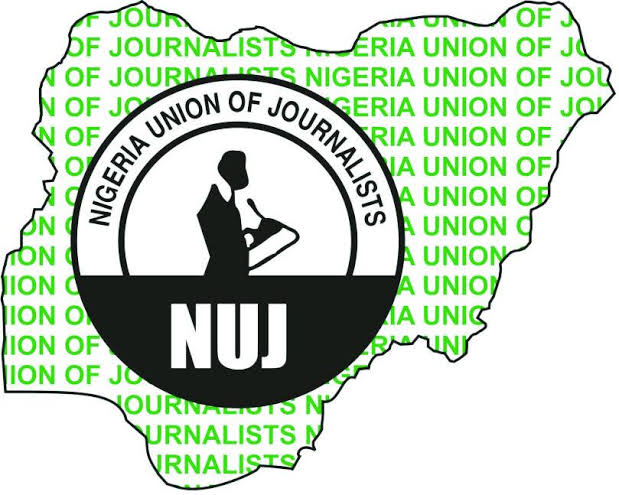Kwara NUJ Chairman Urges UN to Strengthen Global Protection for Journalists

Abdullateef Lanre Ahmed, Nigerian journalist and Chairman of the Kwara State Council of the Nigeria Union of Journalists (NUJ), North Central zone, has called on the United Nations to strengthen global policies for the protection of media practitioners.
Speaking to Newsmen in Ilorin, the Kwara State capital, Ahmed described the press as the "lubricant of democracy," emphasising that no government can function effectively without journalists to inform the public and hold power to account.
He condemned the increasing harassment, unlawful detention, and killings of journalists worldwide, citing the recent deaths of six reporters in Gaza as a stark reminder of the dangers faced by media workers in conflict zones.
"It is high time the UN General Assembly took a firm stand on this eyesore," Ahmed said.
He stressed that for the United Nations to remain relevant, it must ensure that superpowers do not act as unchecked global enforcers, and instead uphold equal treatment among nations and establish journalist protection as a matter of international law.
Ahmed warned that societies which fail to protect their journalists risk weakening the very foundation of their democracy.
"Globally, we have short memories. Something happens, and we move on without accountability. That must change if democracy is to survive," he said.
The NUJ chief lamented that while journalists in advanced countries enjoy mouth watering welfare packages and institutional protection, reverse was the case for their Nigerian counterparts, who struggle with poor pay, irregular allowances and lack of insurance cover.
Ahmed said it was "unacceptable that those who work like elephants feed like ants," adding that a media endowment fund and a dedicated media salary structure were long overdue to boost morale and safeguard professionalism."
He also expressed concern about the rise of "journalism without borders," where untrained individuals spread unverified information through social media.
"The trend has eroded professionalism and weakened public trust in credible news sources.
"Everybody with a smartphone now calls themselves a journalist. Society no longer waits for professionals; people believe anything they see online, even from unqualified sources," he said.
On the Cybercrime Act, Ahmed noted that while democracy permits freedom of expression, rights must be exercised responsibly.
He cautioned journalists and citizens alike to avoid libel, slander and defamation under the guise of free speech.
Cloud Tag: What's trending
Click on a word/phrase to read more about it.
Joseph Bamigboye Aishat Mohammed Lawal Abdullahi Samari Ope Saraki Sheriff Olanrewaju Ilorin Airport Yahaya Abdulkareem Amos Sayo Taofeek Ibraheem Rueben Parejo Sayomi Wahab Isa Kwara University Of Education Ubandoma Of Ilorin Kwara State Council Of Chiefs TETFUND Timothy Akangbe Lanwa AGM Professional Services Joana Nnazua Kolo Arinola Fatimoh Lawal Aliyu Muyideen Shagari Oluronke Adeyemi Crystal Corner Shops IHS Towers Sabi Emir Of Kano Abubakar Bature Sulu-Gambari Baba-Isale Oni Adebayo GAMA Monsurat Omotosho Quranic Recitation Competition Rasaq Jimoh Ilorin Metro Park AbdulGafar Tosho Biliaminu Aliu Post-utme Oja-Oba New Model Police Station Kwara State Internal Revenue Service Bamidele Adegoke AbdulKareem Yusuf Danhawa AIT Ilorin Abdullahi AbdulMajeed Folashade Omoniyi Siddiq Adebayo Idowu Salawu Ajibike Katibi Adaramaja Moses Afolayan Emmanuel Olatunji Adesoye Yahaya Muhammad Garba Ado Sanni Hijab Kwara Polytechnic Bamikole Omishore HYPPADEC Maimunat Oloriegbe Ilorin Durbar Suleiman Alege Kuranga Sam Okaula NIPOGA Muhammed Abdullahi Undergraduate Bursary Jumoke Monsura Gafar Oke-Ogun Lithium Deposit Oluranti Idowu Igbaja Okiki Olaiya Lawal Chemiroy Nigeria Limited Kudirat Arinola Lawal HAMFAT Clinic And Maternity CT Ayeni Maigida Soludero Transit


